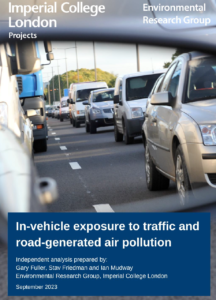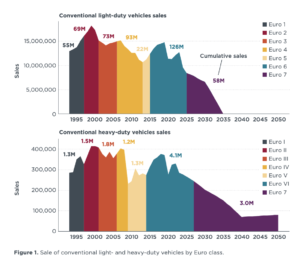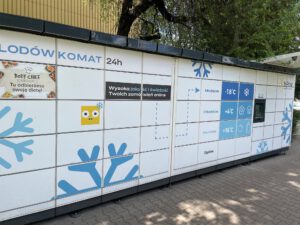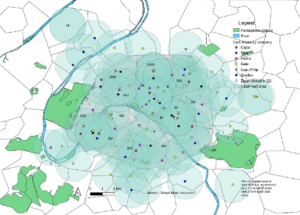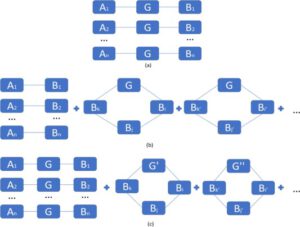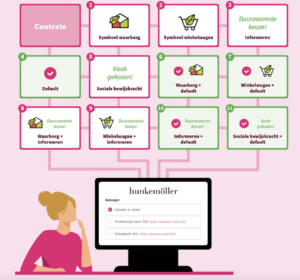LEAD: Digital Twins for low-emission last-mile logistics
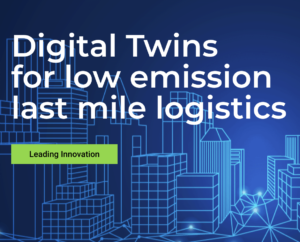
LEAD created Digital Twins of urban logistics networks in six TEN-T urban nodes (Madrid, The Hague, Lyon, Budapest, Oslo, Porto) to support experimentation and decision-making with on-demand logistics operations in a public-private urban setting. City logistics solutions were represented by value case scenarios that address the requirements of the on-demand economy and the pressures caused …

